Content from the Brookings Institution India Center is now archived. After seven years of an impactful partnership, as of September 11, 2020, Brookings India is now the Centre for Social and Economic Progress, an independent public policy institution based in India.
This article first appeared in The Indian Express. Brookings India is an independent, non-partisan public policy research organisation based in New Delhi. The views are of the author(s).
Walk into a bookstore today and there is a strong likelihood that the publications on prominent display will be about the dangers to liberalism and democracy. Pick up a magazine like The Economist or the Atlantic and the lead article will most likely be about the same subject. Richard Haas’s (President, Council on Foreign Relations) most recent article for Project Syndicate is captioned, “Liberal World Order R.I.P”.
It captures the essence of this genre. Were Francis Fukuyama writing his essay, “The end of History” today, rather than in 1989 following the collapse of the Berlin Wall, he may have stayed with his title not to make the apotheotic declamation on the abiding superiority of Western liberal democracy but to suggest that the post World War II rules-based, free and globalising pillars upon which this system has rested may soon collapse into the dustbin of history. In doing so, he would adduce as reason the rising tide of populist authoritarianism sweeping the world. The question I ask is whether this write down of the liberal world order has not discounted too sharply the countervailing strengths of bureaucratic guard rails and institutions.
Senator Patrick Moynihan (also former US ambassador to India ) once wrote, “when unwritten rules are violated over and over, societies have a tendency to define deviancy downward… to shift the standard… ( to be ) overwhelmed and then desensitised… (people) grow accustomed to what was previously thought to be scandalous”. The chorus of commentary about the risks to the liberal order reflects an underlying concern that society has indeed deviated downward; that the withdrawal of America into a protectionist “America First” shell has created a vacuum that advocates of a different system — the essentially, one-party Singapore model, if not the centralised China model — that assure economic growth in return for the constriction of civic liberties, are looking to fill. They fear the lowered standards of accountability in governance and the possibility that the public may no longer regard democracy, to paraphrase Winston Churchill, as “the worst form of government except for all the others”.
To read more, please click here.
The Brookings Institution is committed to quality, independence, and impact.
We are supported by a diverse array of funders. In line with our values and policies, each Brookings publication represents the sole views of its author(s).

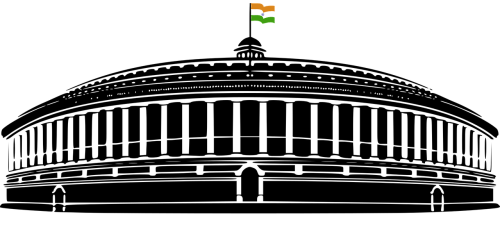
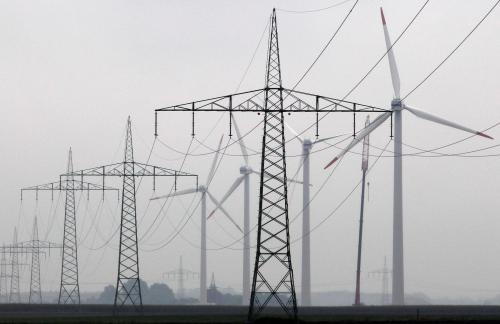
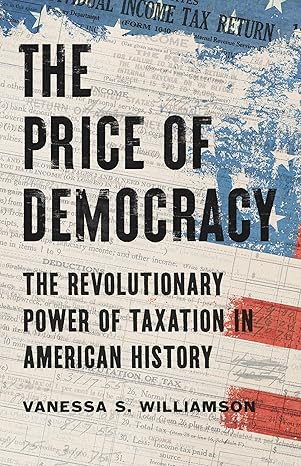
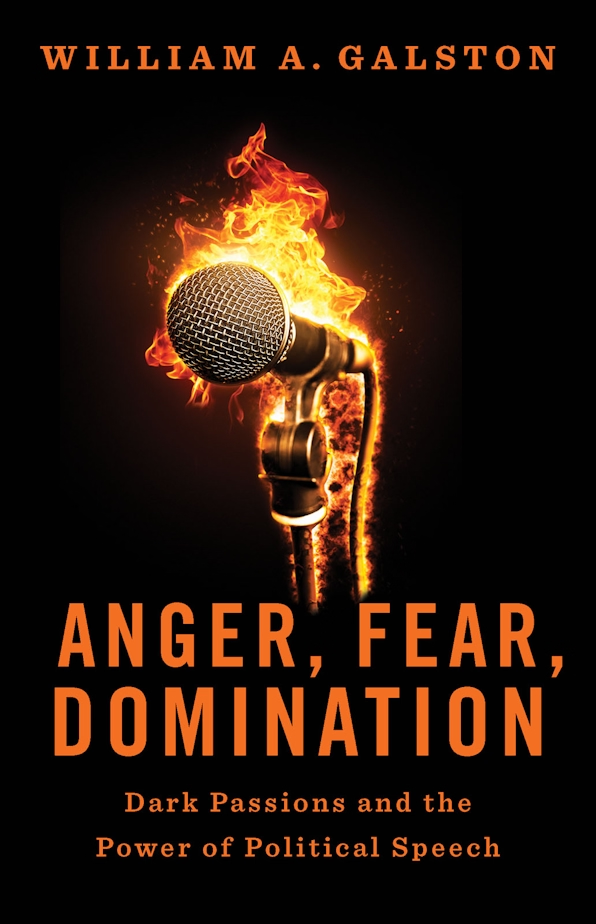
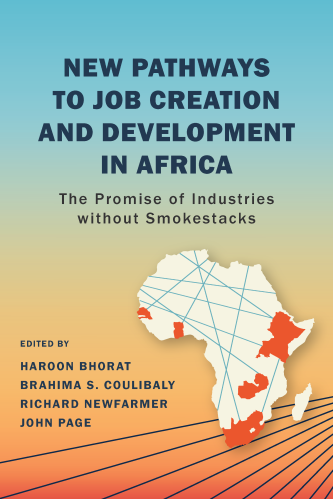




Commentary
Op-edFrom Trump to Putin: How will the demagogues elected to power react to the constraints of limited government?
April 2, 2018